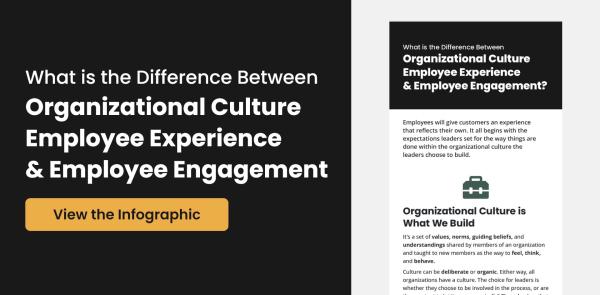Elevate Your Organization with Comprehensive Culture Surveys
Discover insights within your organization by leveraging our tailored culture surveys. Uncover and address any underlying issues for enhanced organizational effectiveness.

Sometimes You Need to Dig a Little Deeper…
Empower your organization by addressing cultural challenges. While employee engagement surveys offer clarity, organizational culture surveys specifically target cultural toxins, fostering trust and boosting morale for sustainable success.
Elevate organizational performance with our culture survey—a diagnostic tool providing an in-depth analysis of your current culture and insights into your desired culture. By gauging employees’ perceptions of current practices and desirable values, this survey serves as a strategic starting point to address cultural strengths and weaknesses. It initiates discussions and actions to facilitate meaningful organizational change and improvement.

Expert Assistance for Your Organization Culture Survey Needs
Elevate your organization with our customized Organization Culture Survey. Our expert consultants tailor surveys to assess unique dynamics within your organization, providing practical recommendations. We collaborate with you to implement new initiatives, establish accountability, and follow up with leaders. Ensure successful changes with our comprehensive approach to organizational culture surveys.
Explore the essence of your organization’s culture with our Organization Culture Survey. It delves into the shared values, beliefs, attitudes, and daily behaviors of your employees. A strong culture shapes how employees perceive their workplace, understand the business, and identify with the organization. Recognizing and comprehending your organization’s culture is vital, influencing decisions, actions, and overall performance. Gain insights into areas of success and discover opportunities for improvement with our specialized culture survey.
Strategic Insights: Deliberate Enhancement of Company Culture
Discover the power of intentional culture with our Organization Culture Survey. Cultures, whether organic or deliberate, shape the Employee Experience (EX). Top organizations comprehend the significance of EX, strategically managing and promoting it. Continuous evaluation aligns Employee Experience with corporate strategy and goals, fostering improved organizational performance. Elevate your organization through insightful assessments with our Organization Culture Survey.
